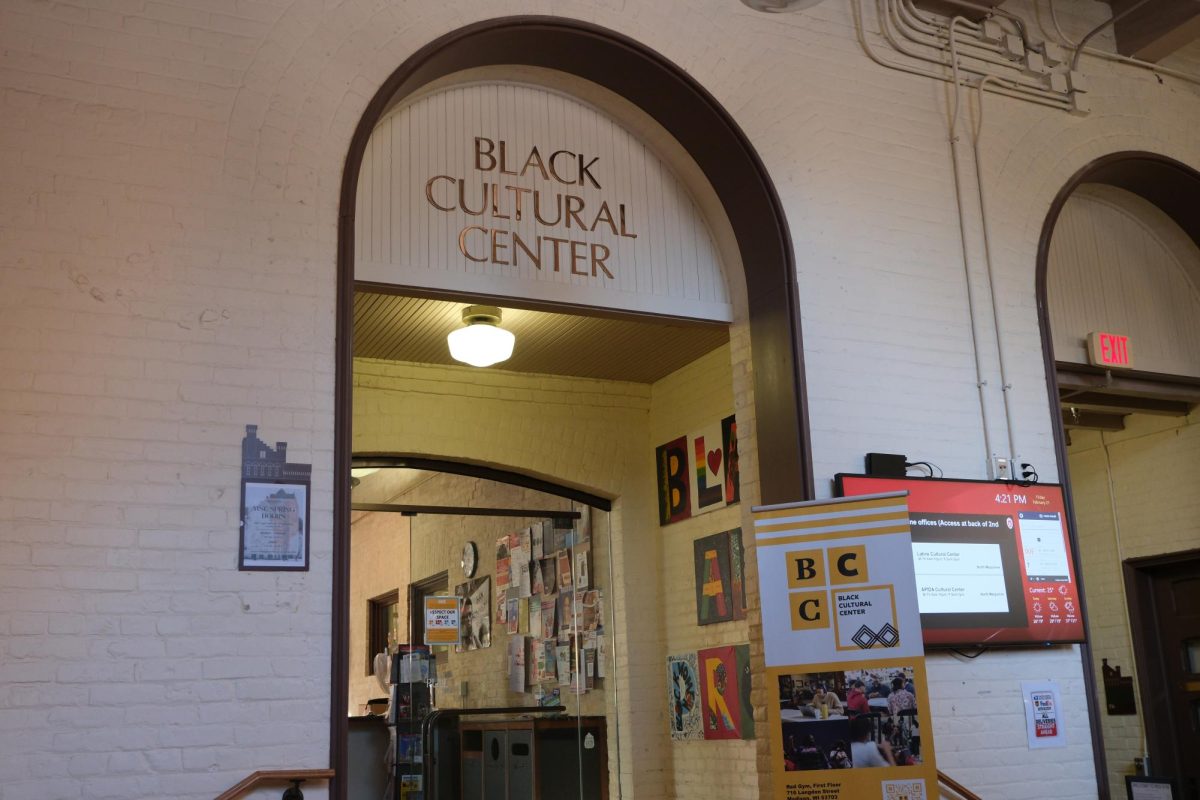The U.S. Department of Education is threatening to remove federal funding allocations for schools that use race-conscious practices in admissions and other parts of student life, according to a Dear Colleague Letter sent to schools Feb. 14. This potential implementation comes at a time when the Trump administration has already made numerous efforts to minimize diversity, equity and inclusion efforts in various aspects of our country.
The letter gave a new interpretation to a 2023 Supreme Court ruling intending to cut back the use of affirmative action in college admission processes. But, the new interpretation is far more broad than what was initially intended. Instead of applying strictly to admissions, federal law now prohibits the use of race in decisions pertaining to admissions, hiring, promotion, compensation, financial aid, scholarships, administrative support, discipline, housing and all other aspects of student and campus life, according to the department’s acting assistant secretary for civil rights Craig Trainor.
Institutions, from preschool to secondary education, have until Feb. 28 to either comply or begin to lose federal funding.
The Trump Administration is relying on confusion and misinformation to allow for overcompliance. A large number of institutions — unsure of how to proceed and afraid of losing federal funding — will undoubtedly comply with this implementation, one built off of overinterpretation.
This could be disastrous for the University of Wisconsin considering the university’s tumultuous history in fostering diversity on campus.
UW openly considers race as one of many factors in a holistic admissions process, focusing first and foremost on the candidate’s academic strength. Still yet, Black student enrollment has never surpassed 3% in the history of the institution. This year, Hispanic/Latino(a) enrollment dropped from 10% to 8.5% and the percentage of total underrepresented students of color in the freshman class dropped by 3.7% points from last year, now totaling an underwhelming 14.3%, according to UW data. White student enrollment increased 2.4%, now totaling 60.4%.
This is the first enrollment year since the Supreme Court ruling against race-based admissions, and UW’s decline in underrepresented students proves that the Supreme Court decision is already having widespread effects on equity in higher education.
Even before this decision, the Black experience at UW has remained stagnant for decades — and not stagnantly positive. Despite numerous initiatives and programs dedicated to advocacy and growth, the Black experience here has remained rocky, according to a report from the Ad Hoc Study Group on the Black Community Experience. This study group was brought together by Chancellor Jennifer Mnookin in reaction to student protests surrounding a racist video posted by a student in the spring of 2023, according to Wisconsin Public Radio. Mnookin encouraged the group to locate and address the root cause of racism on our campus to make sustainable change, according to the report.
Another initiative that was introduced to foster belonging and community among students of color is the Essence Theme Community, a floor in Witte Residence Hall dedicated to the Black diaspora. But, this floor is not necessarily a safe space, with reports of banging on doors and racial slurs, according to WPR.
UW has numerous race-conscious programs, including a myriad of student cultural centers, for students to learn about racial injustice and find a community. At this moment, there is the Black Cultural Center, Latine Cultural Center, Asian Pacific Islander Desi American Student Center and Indigenous Student Center. The university additionally has research initiatives such as the Understanding and Reducing Inequalities Initiative which aims to reduce inequalities and amplify marginalized voices on campus. Furthermore, the Just Recovery for Racial Equity Initiative is a program that offers grants to support racial equity. According to President Donald Trump and his administrative opinions, all of these programs are undeserving of funding.
When it comes to financial aid and scholarships based on race, UW has numerous opportunities for underprivileged students of color to find help funding their education. The UW Diverse Perspectives Scholarship is a scholarship that supports BIPOC students and encourages diversity at the university. Scholarships such as the Mercile J. Lee Scholars Program and the Falk Diversity Scholarship are specifically engineered to benefit underrepresented students.
All of these campus centers, scholarships, student organizations, focus groups and equity and inclusion activities are currently at risk because of Trump’s commitment to being anti-DEI and his general commitment to white superiority in this country.
UW is a predominantly white university, located in a predominantly white town, with 73% of Madison residents identifying as white, according to the US Census Bureau. It is fascinating that providing opportunities to underprivileged and underrepresented students is seen as unfair to the group of people who already have the upper hand and always have. White students and lawmakers should not be threatened by multicultural student centers, scholarships dedicated to students of color or campus initiatives designed to foster community amongst students of color because everything else on this campus is inherently and automatically dedicated to white students.
Alexia Becker (abecker@badgerherald.com) is a junior studying English literature.



